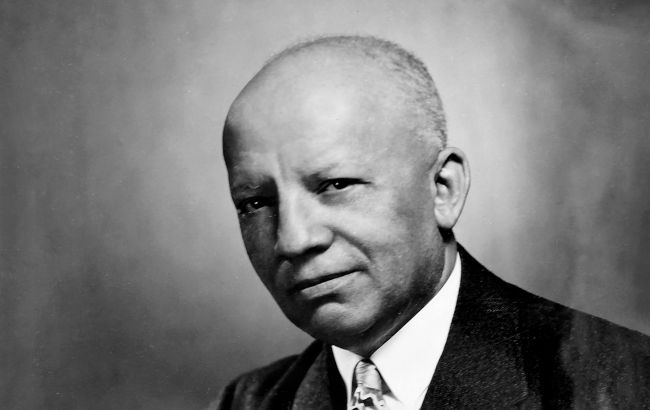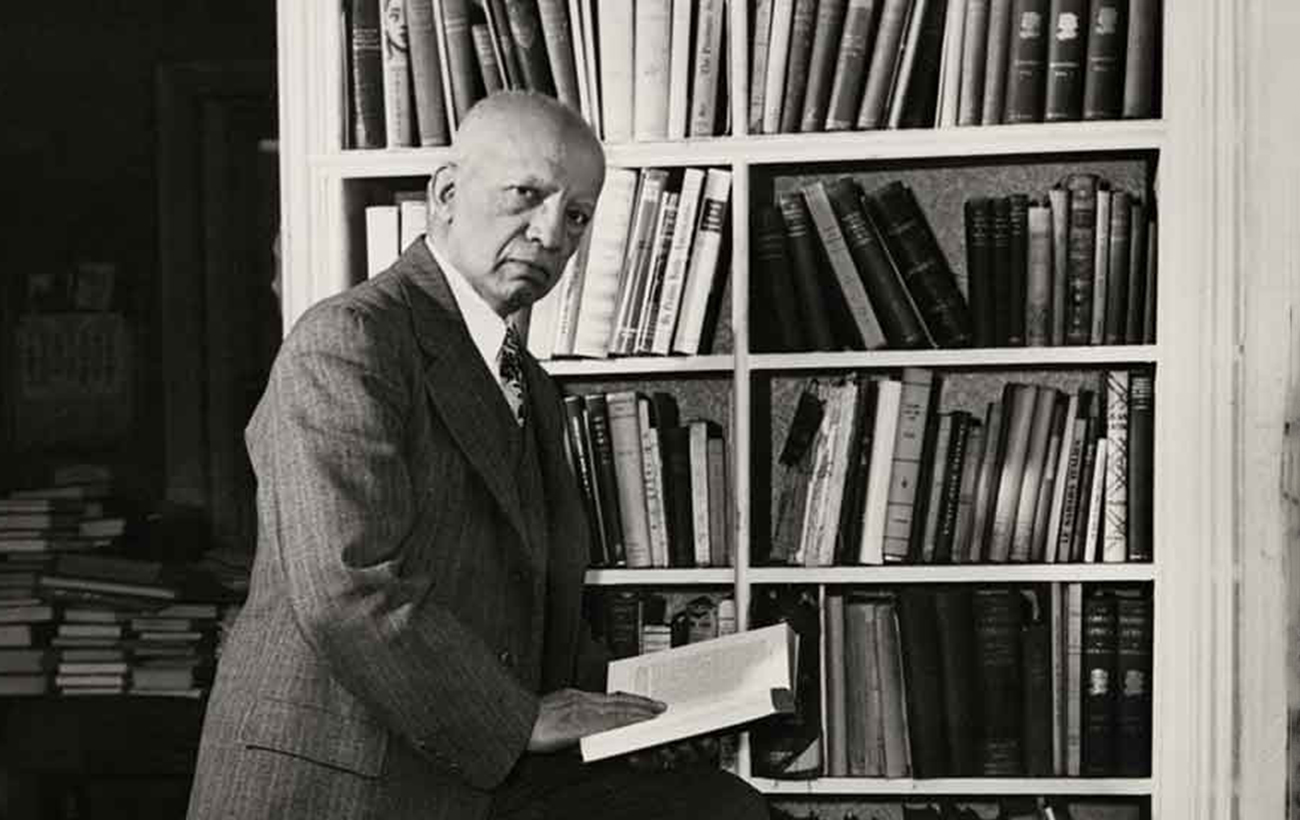Black History Month: Time to honor and remember
 Carter G. Woodson (Congress library)
Carter G. Woodson (Congress library)
Every February in the United States marks Black History Month, dedicated to remembering and celebrating the history and achievements of African Americans. This tradition started in 1976, but the idea goes back to February 1926 when historian Carter G. Woodson launched Negro History Week, according to USA Today.
The commemoration is intended to popularize knowledge about Black men and women's contribution to forming America as a nation.
"This National Black History Month, we celebrate the vast contributions of Black Americans to our country and recognize that Black history is American history and that Black culture, stories, and triumphs are at the core of who we are as a Nation," White House statement says.
Schools, businesses, museums, and other institutions participate doing exhibits, presentations, meals, and even games.
Who started Black History Month?
Dr. Carter G. Woodson, known as the "Father of Black History," came up with the idea in 1926. He wanted to spread knowledge about Black history and found like-minded people to study and promote it. They began with Negro History Week in February.

Dr. Carter G. Woodson (Association for the Study of African American Life and History)
Woodson thought one day, we wouldn't need a special time because everyone would learn about that every day. It took until 1976 to turn it from a week to a month, and from "Negro history" to "Black history." Since then, every U.S. president has supported this celebration.
Over the next 50 years, this tradition became extremely popular. Cities across the U.S. started celebrating Black achievements, and teachers in schools with many African American students began talking about the contributions of notable African Americans in their classes. The civil rights movement also played a role.
Why is February?
Woodson chose February because two notable Americans who played a crucial role in abandoning slavery in the U.S. were born then. They are President Abraham Lincoln, who issued the Emancipation Proclamation, and the African American abolitionist Frederick Douglass.
What about nowadays?
Nowadays, Black History Month is celebrated with various events in schools, universities, museums, and communities all over the country. National organizations like the Library of Congress, the National Archives, and the Smithsonian Institution support and sponsor these celebrations. This year's theme is African Americans and the Arts.
It is a time to learn, remember, and honor the rich history and accomplishments of African Americans.


